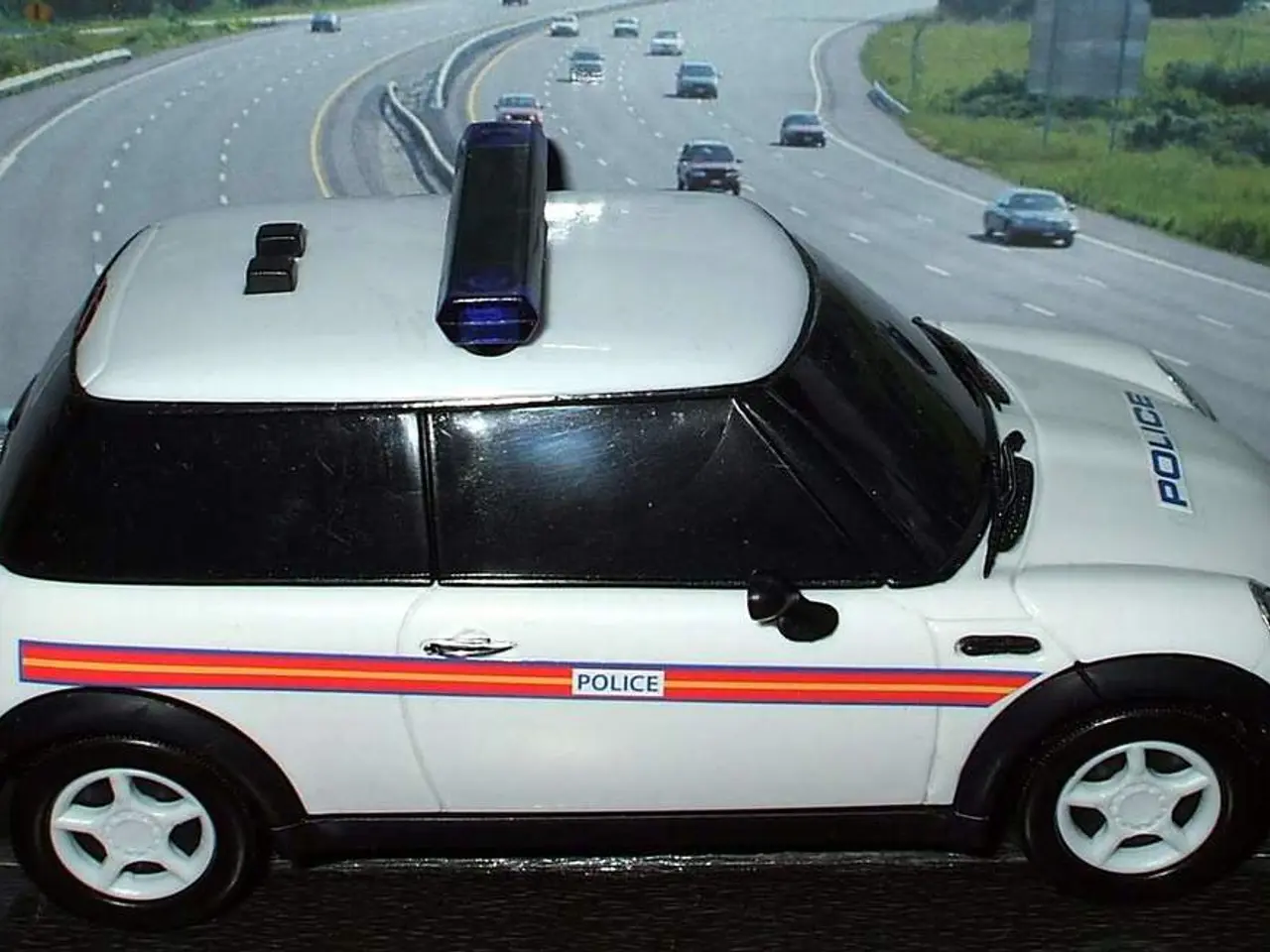In a remarkable action, Donald Trump assumes control of the DC Police Department, subsequently dispatching the National Guard to the capital city.
President Donald Trump's decision to deploy 800 National Guard troops to Washington D.C. and temporarily takeover the Metropolitan Police Department (MPD) has caused a significant disruption in local governance, and raised complex public safety and legal issues.
The takeover challenges the District of Columbia's home rule and self-governance, as D.C. typically controls its own police and local decisions. Trump's actions rely on a 1973 statute (32 U.S.C. § 502(f)) granting the president emergency authority over D.C. National Guard and the ability to requisition MPD officers for federal use. However, the legal basis and scope of these powers are uncertain, with little case law and ongoing lawsuits challenging the federal takeover.
The presence of multiple federal law enforcement agencies, alongside the Guard and MPD under federal command, complicates command and accountability structures, potentially undermining local oversight and community trust. The federal government's framed this as a response to “out-of-control” violent crime and an attempt to restore law and order. However, city and federal crime statistics indicate violent crime is decreasing, and the situation may not meet the legal standard for an emergency warranting a takeover.
There are concerns about possible violations of the Posse Comitatus Act, which restricts the use of federal military forces for civilian law enforcement, unless authorized by law. The complex mix of federal and local forces may blur lines of authority and civil rights protections.
The impact on public safety is also a concern. The deployment risks escalatory policing, as seen in other cities where federal agents and National Guard presence have led to aggressive tactics with limited accountability, possibly exacerbating tensions with residents.
In summary, President Trump's deployment of National Guard troops and federal takeover of the MPD disrupts D.C.'s local governance by imposing federal control over local law enforcement in a manner unprecedented in recent decades. While intended to improve public safety, the move raises legal questions, challenges community trust, and may risk more confrontational policing without clear evidence that crime justifies such extraordinary measures.
References:
- Washington Post
- CNN
- NPR
- The Hill
- AP News
- The world news is abuzz with the controversy surrounding President Trump's decision to intervene in Washington D.C.'s local governance, a move that can be associated with policy-and-legislation and politics, as it relies on a 1973 statute.
- The deployment of National Guard troops and the temporary takeover of the Metropolitan Police Department (MPD) have sparked concerns about the blurring of lines of authority and civil rights protections, resurfacing discussions about war-and-conflicts and crime in the general-news.
- The federal takeover, while framed as a response to rising crime, has sparked debate among experts, with city and federal crime statistics suggesting a decreasing trend in violent crime, complicating the news narrative around the need for such extraordinary measures.
- In the realm of art, satirical pieces and political cartoons have emerged, highlighting the complexities of President Trump's decision, challenging the status quo and stimulating dialogue about war-and-conflicts, policy-and-legislation, and crime.







